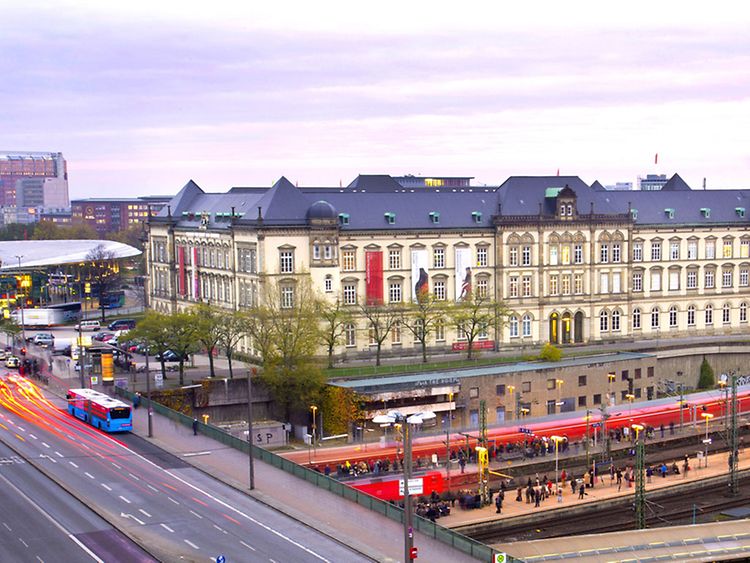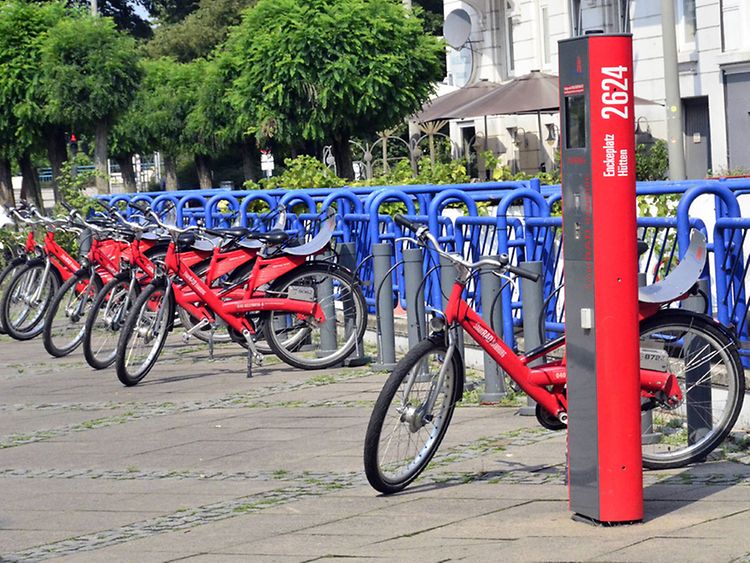The year 2023 brings with it many changes in everyday life – changes for both better and worse. Along with rising housing and energy costs will also come government benefits and support regarding many related issues. This list is a brief and incomplete selection of topics that will or may affect people living in Hamburg.
Support for residents
As of January 2023, basic security benefits for job seekers (formerly Hartz IV) have rebranded as Bürgergeld, roughly translated as ‘benefits for citizens’. Unemployment benefits rise by more than €50 per month. Single recipients of unemployment benefits, for example, now receive €502. Job Centers are also making stronger efforts to get those without jobs into permanent positions, instead of temporary jobs or marginal employment (Mini Jobs in German).
Child benefits (German term: Kindergeld) are raised to a general €250 per child every month.
Pensions for retirees (German term: Altersrente, or simply Rente) also rise by about 3.5 %.
Health insurance contributions, however, are also raised by .3 % to an average 16.2 %.
Naturalisation and dual citizenship
As of January 2023, the German government is discussing new laws to speed up the naturalisation (German term: Einbürgerung) process and extend tolerance of dual citizenship (German term: Mehrstaatigkeit, or commonly: doppelte Staatsbürgerschaft). Dual citizenship means that whoever wants to become a German citizen does not necessarily have to give up their citizenship in other countries. Previously this has only applied to citizens from the EU and Switzerland, but with the new law, this will also apply, for example, to UK and US citizens.
For naturalisation processes, the period of residence in Germany will be shortened from the current requirement of eight to just five years. Voluntary workers (German term: Ehrenamtliche) or persons engaging otherwise in their community will be able to acquire the German citizenship after only three years.
Persons aged 67 and over may become German citizens without language certificates or citizenship tests if they can speak German on a conversational level. Children born in Germany will be German citizens if at least one of their parents has stayed legally in Germany for five years or more.
These changes are planned to take effect in the summer of 2023. For current information, please check back or see here.
Mobility
After the test run of the €9 travel pass in summer 2022, there will be a €49 travel pass from spring on. The start of the programme is currently scheduled for 1 May 2023.
Intended to relieve commuters, for example within Hamburg and in the greater metropolitan region, this travel pass will be valid in both urban and regional public transport, including busses, ferries, U and S-Bahn services as well as regional RE train services all over Germany for €49 per month.
Housing and taxes
Housing benefits (German term: Wohngeld) rise by an average of €190 to an average of €370 per month for entitled households from January 2023. The conditions households must meet in order to be entitled to housing benefits are also loosened: there are now more 2 million households entitled to benefits, in comparison to the previous 600,000 households before these changes. In Hamburg alone the number has more than tripled. Entitled to housing benefits are low-income households which do not draw social benefits (such as Bürgergeld). You can check if you are entitled to housing benefits here: Wohngeld-Rechner (German only).
The tax-free allowance (German term: Grundfreibetrag), that is the amount of income above which any person is required to pay income tax, is raised by €561 to a limit of €10,908.
Starting in 2023, a fixed rate of €1,260 (formerly €600) can be deducted from income taxes for home office work. This amount must be declared in your income tax return under Werbungskosten.
Energy and environment
From March 2023, there will be a relief mechanism for rising gas and electricity supply prices. Whatever the price set by the supplier, customers only need to pay a maximum €.12 per kWh for 80% of their gas use. This is calculated monthly by comparing the most recent month’s gas consumption to that of the same month in the previous year. For example, March of 2023 will be compared to March 2022. For any kWh above those 80% the customer needs to pay the full price. A discounted price of €.095 per kWh applies to long-distance district heating (German term: Fernwärme), and €.40 per kWh for electricity. The discount prices apply retroactively for January and February 2023 as well.
Students at universities and Fachhochschulen are entitled to a one-time fixed benefit payment of €200 to compensate for rising energy bills. This affects all students who were enrolled at universities and Fachhochschulen in Germany on 1 December 2022. Students who work jobs alongside their studies may even receive up to €500 energy benefits.
Landlords must participate in the compensation costs for CO2 emissions caused by heating energy-inefficient apartment buildings: the less energy efficient a building, the higher the percentage paid by the landlord. Formerly, tenants had to pay all the compensation expenses themselves.
Restaurants, bars and cafés must have environmentally friendly packaging in stock for take-away food and drink; they may charge a deposit. They are also required to pack or fill their products into containers brought along by the customers.
Taxes for cigarettes, cigars and loose tobacco products rise again; cigarette boxes with 20 cigarettes are on average €.18 more expensive.






